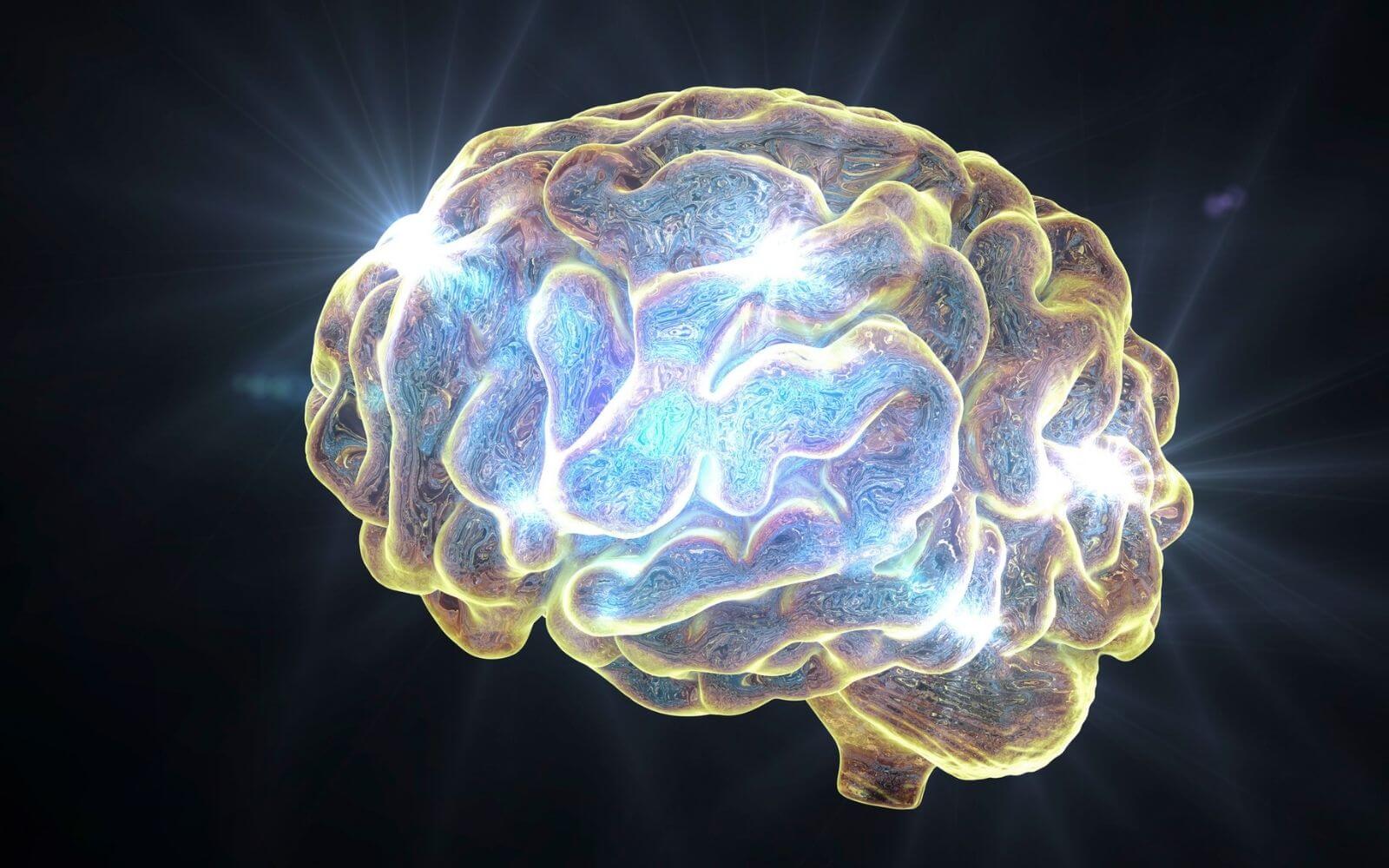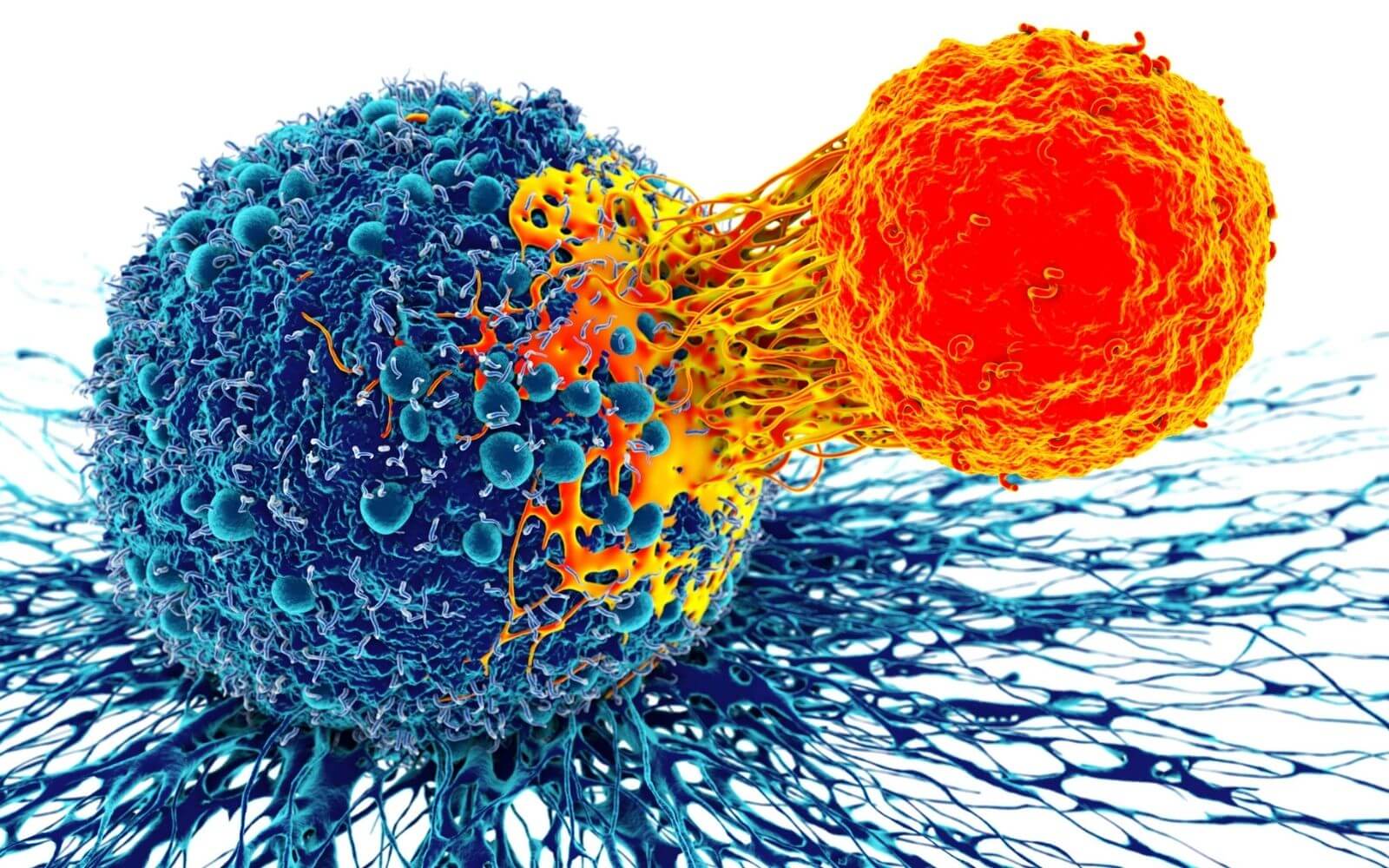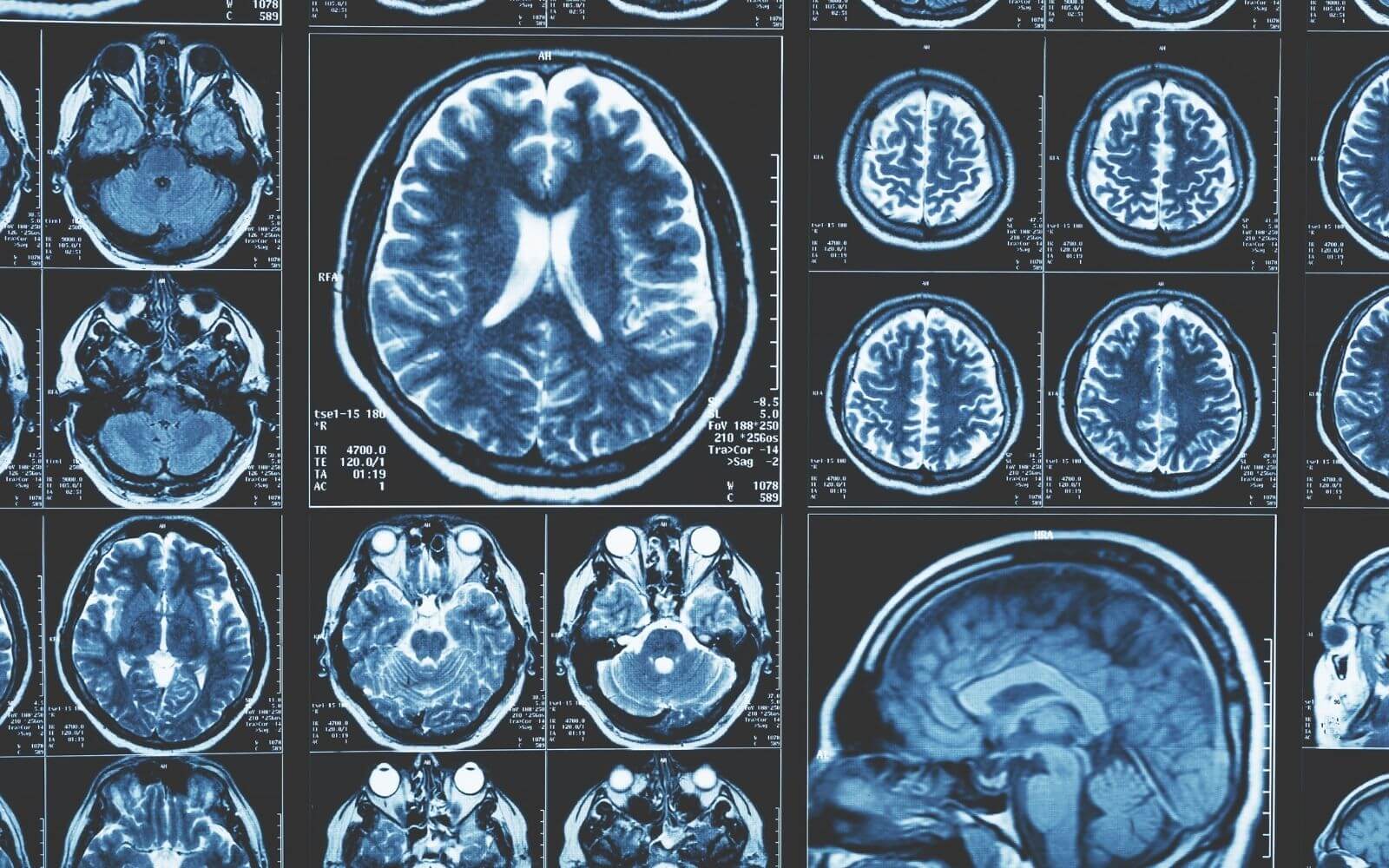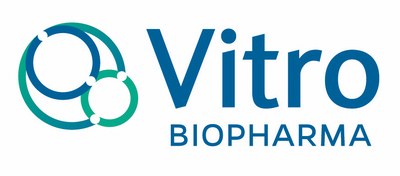
Stem Cell Therapy of Stroke: Current Research Support and Clinical Studies
Adult stem cell therapy is a common FDA-approved procedure for the treatment of blood disorders including leukemia, lymphoma and autoimmune diseases. Cell therapy using other types of adult stem cells including mesenchymal stem cells (MSCs), neural stem cells (NSCs) and muscle stem cells (Satellite cells).

Immunotherapy of Solid Tumor Cancers: Role of Cancer Associated Fibroblasts
Cancer therapy traditionally involves surgery, radiation or chemotherapy to kill cancer cells that are normal cells lacking control that limit growth. Cancer cells produce continually growing tumors that spread to other tissues, and eventually kill.

Anti-Aging Stem Cell Therapy Improves Quality of Life
Scientists at the University of Miami Miller School of Medicine completed a clinical trial showing safety and efficacy of stem cell therapy in treatment of frailty, a common aging symptom caused by reduced function of stem cells and inflammation.

Recent Advances in Stem Cell Therapy of Stroke
An interim report of a clinical trial of intracerebral injection of stem cells adds to a growing body of evidence supporting safety and efficacy of stem cell therapy for stroke. A clinical team led by Dr. Gary Steinberg at Stanford University Medical Center reported results from 16 patients who received stereotactic injections into damaged brain regions consisting of MSCs that were modified to facilitate their differentiation into neural stem cells.

Stem Cell Therapy without Stem Cell Transplants Part I: Current Status
Transplantation of hematopoietic stem cells has been widely used as an approved treatment of leukemia, lymphoma and certain autoimmune conditions for the past fifty years. Other adult stem cells have demonstrated safety and efficacy in pre-clinical research and clinical trials.

